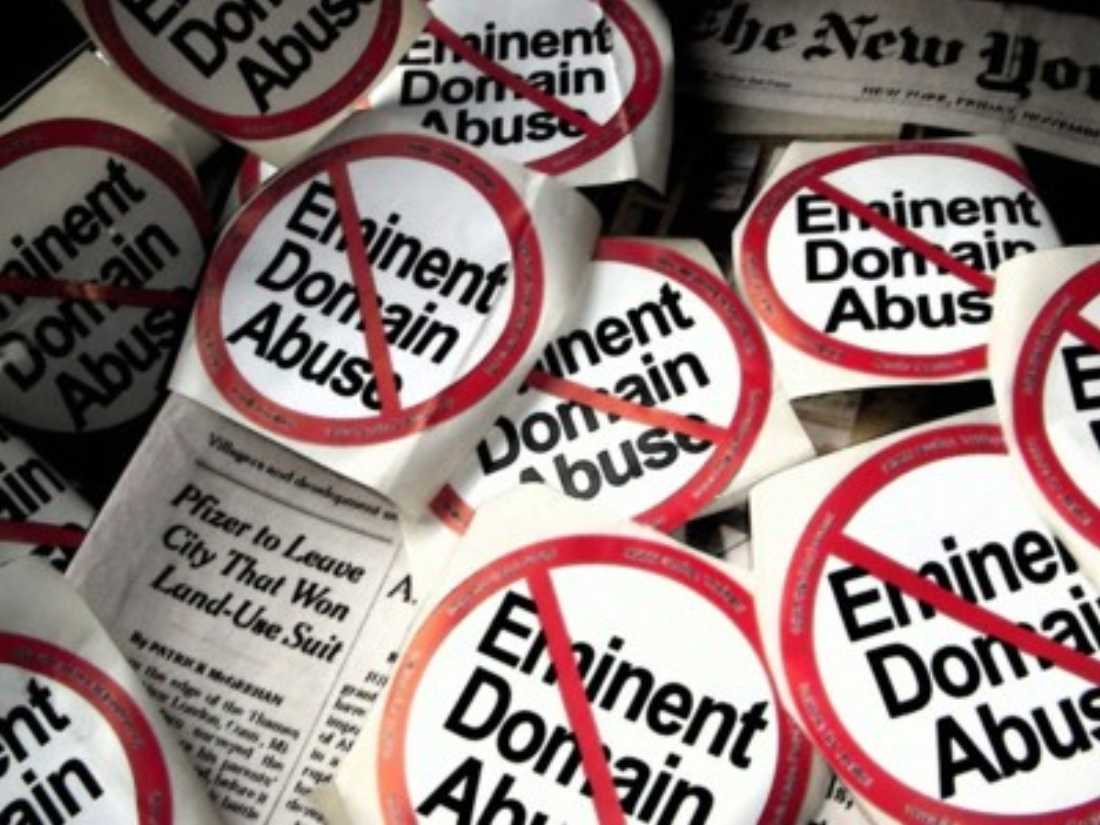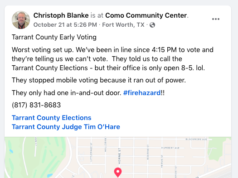Once the stuff gets on you, it’s hard to get off. The “stuff” is tar sands bitumen, the hydrocarbon that TransCanada is working on bringing down from Alberta, Canada, to Houston’s refineries and from there to Port Arthur’s international free-trade port for shipment all over the world.
One of the people who recently discovered just how hard it is to get rid of the tar sands is Mike Bishop, a retired chemist and former U.S. Marine. He owns 20 acres of pasture and woods in Nacogdoches County.
Bishop said he got a form letter about four years ago from TransCanada, saying the company was looking for locations for a crude-oil pipeline. The next thing he heard on the subject came about a year later when his wife woke him to tell him people were on one of their pastures. The crew told him that they had the right to be there and he could be arrested for interfering. He tossed them off.
“You don’t tell a Marine he’s going to be arrested on his own land,” Bishop said.
Unfortunately, you don’t tell TransCanada what to do either: Bishop said the company coerced him into a settlement he didn’t want but felt he had to accept and took away most of the one-acre vegetable patch and small orchard in front of his house. The yard where his kids and grandkids used to play has been turned into “what looks like a war zone,” he said.
TransCanada did that even before court hearings on the matter were finished. On Dec. 11, with the bulldozers coming, Bishop asked for and was granted a temporary restraining order by Nacogdoches County Court Judge Jack Sinz on the grounds that Bishop’s place was in imminent danger of “immediate and irreparable injury.” Two days later, Sinz lifted the TRO, and the bulldozers and tree-cutters moved in.
Another hearing is set for Wednesday, Dec. 19, as part of a lawsuit Bishop has filed against TransCanada for fraud. “If I can get the judge to issue another TRO, it will stop the work on my property and will open the door for a jury trial on this,” said Bishop.
He knows a jury trial challenging the right of a foreign company to use eminent domain to take private property in Texas is the last thing TransCanada wants. Bishop says the company lied about what its pipeline would be carrying, calling it Canadian crude oil instead of tar sands bitumen, and lied about being a common carrier, which would give it the right to use eminent domain in Texas.
Someone has to fight the fight, Bishop said. “What’s really at stake here are the rights of every property owner in Texas to bring a suit against a private foreign corporation that had made false claims to the American people.”
Sticky stuff indeed. Maybe a little stickier than TransCanada and its allies had bargained for.
Get Out the Rubber Stamp
With only one (important) exception, the Fort Worth City Council on Tuesday adopted a set of controversial proposed changes in the city’s ethics code. For the most part, rather than strengthening the code, the changes weaken it. The new version, among other amendments, allows city employees, officials, and board and committee members to get an ethical pass on their behavior as long as the city attorney — hired by the city council — says it’s OK. It’s a change that outspoken local citizens and national ethics experts have warned against.
Only bright note: The council turned down the idea of allowing advisory boards to meet in secret. Instead, those sessions will continue to be held in accordance with the state’s open-meetings law.
So, at least when gas drilling executives and those who profit from drilling are allowed to sit on boards that affect their income, we’ll know we’re getting screwed. Whew, what a relief.













And Governor Whoop-De-Doo down in AUstin who helped rubberstamp this whole thing because of ALL OF THE JOBS IT CREATES, thinks that he will be President in 4 years. WHAT AN IDIOT!
The two enemies of the people are criminals and government, so let us tie the second down with the chains of the Constitution so the second will not become the legalized version of the first. – Thomas Jefferson